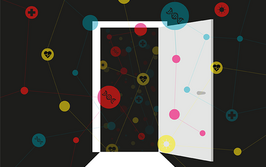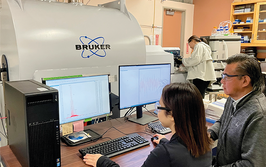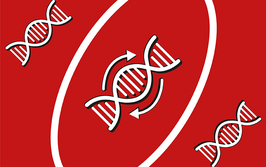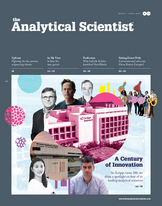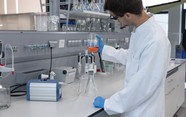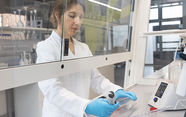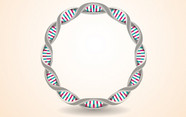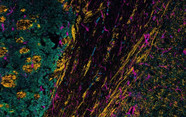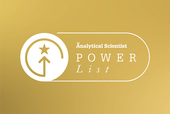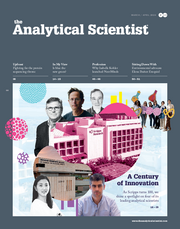Elena Ibañez Ezequiel

Research Professor, Foodomics Laboratory, Institute of Food Science Research (CIAL-CSIC), Spain
Attracting talent… One of the most important issues is making talented researchers aware of the importance of analytical chemistry in all aspects of science. It cannot be considered as a mere tool, but rather a complete discipline that contributes to the advancement of science, knowledge, and society.
An inspirational leader? This is a difficult question since I have had many examples to follow and I have learned from all of them. Probably, the two main scientists that influenced me were Karin Markides and Alejandro Cifuentes. Let me explain both and why. I remember when I was a postdoctoral student, just after finishing my PhD, I moved to the US. Professor Markides was commuting from Utah, USA, to Stockholm, Sweden, leading the laboratories in both places. She was (and still is) a great leader, smart, hard worker, with advanced ideas and a really extraordinary person. I learnt how important it is to love what you are doing, to never give up, and to put the most of you in the daily work. She inspired me to follow my dreams. What inspired me from Professor Cifuentes, my colleague and good friend, was his brilliant ideas, his great vision about analytical chemistry and his strong belief in what I was able to do. His great support has brought me where I am now.
The decade’s most important development?Probably, if we widen our vision, I would say that the evolution of omics techniques has been one of the most important and revolutionary advancements in the field. From my specific field of interest, that is, sample preparation and extraction techniques, the most important development has been the implementation of new sustainable technologies that are more environmentally friendly.
Biggest challenge facing the field? Sustainability is the biggest challenge nowadays. We can have new equipment that is more accurate and sensitive, which can be used for studying different fields such as medicine, food, pharma, environment, etc., but we need to be aware of the need for developing greener procedures that can ameliorate the huge threats we have in front of us, such as climate change and sustainability.
Missing from the toolbox? I think what is missing is a massive use of green metrics in analytical chemistry. Wouldn't it be impressive if all the analytical equipment, protocols and systems had tools installed that would determine the greenness of any analytical methodology?
